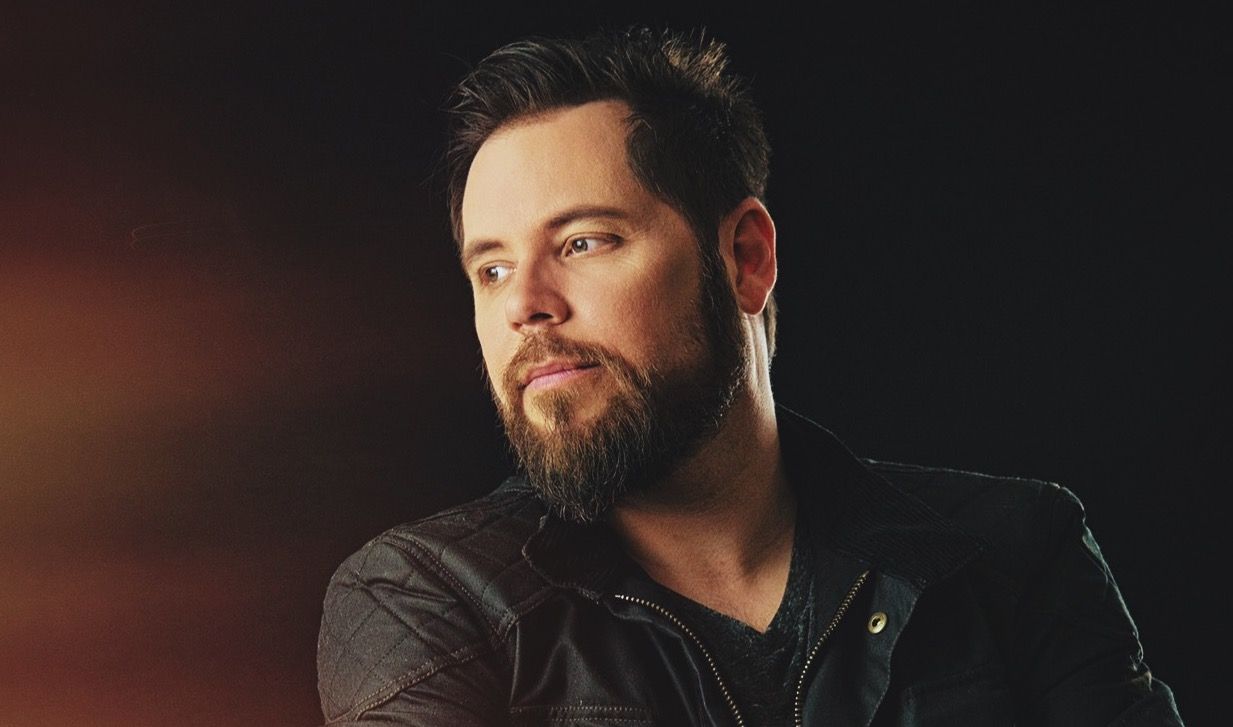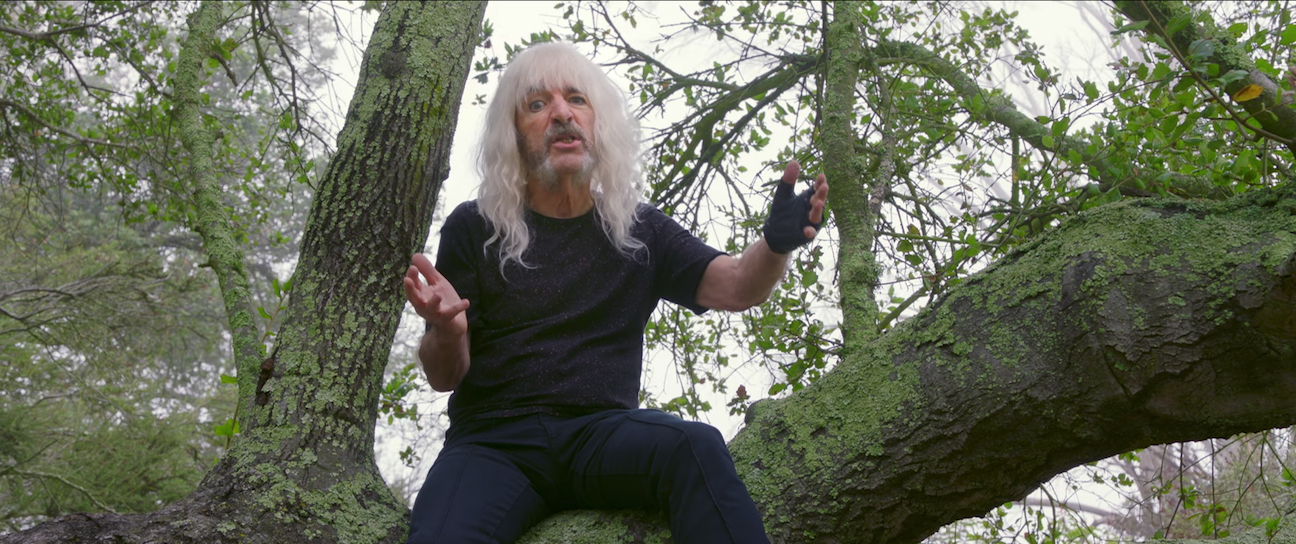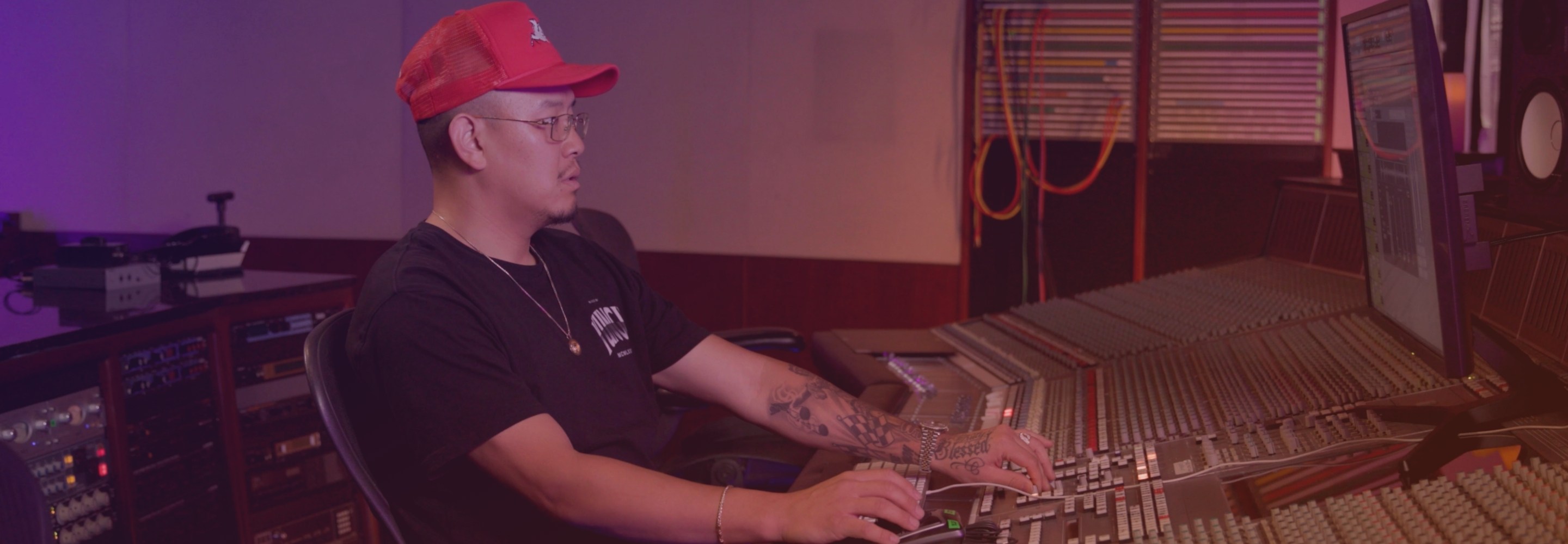
Getting Down with Downtempo: an Interview with Ryan Farish
Electronic artist Ryan Farish talks with iZotope about production tips and why he loves Ozone 8 Advanced.
This article references previous versions of Ozone. Learn about the latest Ozone and its powerful new features like Master Rebalance, Low End Focus, and improved Tonal Balance Control by clicking here.
Ryan Farish’s introduction to electronic music came in the early 2000s when he uploaded his music to mp3.com, a large music sharing website at the time. “Indie and major artists from all around the world were uploading their music, and I was instantly connecting with the electronic music I discovered on that site,” says Farish.
Since then, Farish has co-written a GRAMMY Award-nominated recording, charted on Billboard numerous times, and been streamed by the hundreds of millions. His latest album, Primary Colors, was released on November 3.
We caught up with Farish to talk about downtempo electronic music and how he uses iZotope plug-ins.
“I'm in heaven being able to load-up a reference track in Ozone 8 Advanced and dial my mixes into a place that I'm happy with.” —Ryan Farish
Your music is often described as chillout, trance, and downtempo electronica. What elements of your production do you think contribute to people using those labels?
Ryan Farish: My music, for the most part, explores the softer side of electronic music with a focus on melodies, beats, and atmospheres. I do tend to use plucks and other sounds that you would normally hear in dance music, with breakdowns and uplifting melodies that are frequently found in trance.
How critically do you think about the listening environment when you’re producing a track?
Ryan Farish: It’s very important! I'm constantly thinking about the sounds, the tone, and the mix as I'm producing a track. I’m always thinking about how it will translate to various systems and in various places. It's important for me that the overall tone of the mix matches the vibe of the track.
From a production standpoint, are there things you always make sure to do, song to song?
Ryan Farish: Absolutely, I always tend to work on the master bus chain simultaneously as I'm producing a track. I usually do all of my sound design separately, so that when I'm writing and producing, I'm free to explore the music. This way, I don’t get bogged down with sound design while I'm writing and producing a track.
Of course, there are instances where I want a sound that I haven't already used or created in the sound design sessions, so I will have to work that out while I'm writing. I also tend to always work on the transients of the drums and pluck sounds, and I always take my songs out of my DAW (Logic X) and into Ozone Advanced for mastering. Just getting the music out of my DAW and into Ozone forces me to commit to the mix and really focus in on the 2 track in Ozone.
Your album discography is pretty prolific! What role do you think full albums in EDM—as opposed to singles—play in 2017?
Ryan Farish: Albums are special in that they allow the artist and listener to go beneath the surface and beyond just a moment. An album says a lot more than just one song or track. It gives the artist the opportunity to really go deep into a direction and explore that. Albums allow the listener the opportunity to really experience the music and the artist’s vision, deeply.
I think everyone should listen to an album from start to finish at least once a week. For me, there are moments and experiences we can share in the music that can really only happen with an album.
What types of innovation could you see happening in EDM? Any trends you see brimming up?
Ryan Farish: Thankfully, the rise of EDM has exposed so many people to electronic music in general and what I'm seeing is a trend in listeners wanting to go beyond just the more popular or dance side of electronic music, or whatever is hot or trendy at the moment. People are more and more interested in exploring the fuller spectrum of this genre and the sub genres. I've been making chillout/downtempo music for over a decade, and it's great to finally see this side of electronic music getting more exposure.
What’s the best way to get better at producing music?
Ryan Farish: Just keep producing! Your 20th song is going to be better than your fifth, and so on. As the old saying goes, practice makes perfect. In recent years, I've met extremely talented up-and-coming producers and witnessed them get frustrated if they don't have immediate success, and then they just give up. That is always so disappointing. Like anything, you have to completely immerse yourself into the craft, into the art, and your skills and what you will learn will naturally expand and improve the more you just do it.
Also, never stop listening to music from the past and the present. Music is always changing and it's important to continue to evolve. Keeping yourself looking forward is what will keep you inspired.
Which iZotope products do you use?
Ryan Farish: I have been using Ozone Advanced for years along with Nectar 2 and BT's Stutter Edit. You can hear Ozone on 90% of my music! I completely mastered “Destiny,” “Life In Stereo,” “Spectrum” and “United” with Ozone Advanced. On the album, Destiny, I used Stutter Edit. On the new album, Primary Colors, I used Ozone Advanced in a different way. I used it as a pre-mastering tool to check my songs and get my mixes and album to a place before sending them off for mastering.
I love how intuitive Ozone is—how easy it is to loop sections of songs and be able to quickly switch from one song to another to check levels and tone. Ozone makes it simple to make adjustments and fine-tune the stereo mixes with stereo imaging, EQ, compression, and limiting, and just get the tone of the track to a better place.
On both United and Primary Colors, I was able to use Neutron on many of the songs. I love the Masking feature to help me carve space. The presets for instruments are so well thought out, they are sometimes a perfect starting point for dialing in the right tone and sound for tracks. That really saved me a lot of time.
Neutron’s Track Assistant is amazing. The more time I have freed up from cleaning up a session, the more time I can spend exploring the melodies and arrangement. Sometimes Neutron nails it spot-on, and there's not much left to adjust. Sometimes it takes things in a direction that can inspire a new sound. It's amazing and I love it!
Moving forward now with the new features in Ozone 8 Advanced, I'm in heaven being able to load-up a reference track and be able to really check my mixes and dial them into a place that I'm happy with. I couldn't be more excited about where iZotope is going—pushing things forward with the new features in their tools. The sound is there, and the concepts of these recent tools are so forward-thinking and musical. I'm always so excited when I hear you are coming out with something new, or a new version release.
Last but not least, Vinyl! I use this tool a lot on VST synths, to give them more of an analog tone and dimension just by using the Warp Depth.
I'd like to thank the entire team at iZotope for making all of these incredible tools that inspire and help so many of us who create music.
What’s something that the average listener would be surprised to learn about Ryan Farish?
Ryan Farish: I ride an electric skateboard and try to ride it as much as I can. Lots of musical ideas come to mind when I just get out on my Boosted board and take in the sights and smells. It's wind therapy and usually something that I’ve been trying to figure out with a track, or in the session, will become clear to me when I step outside and just ride away.
What can fans look forward to in the future from Ryan Farish?
Ryan Farish: More music! I'm grateful to be able to make music for a living and I honestly feel like I'm just getting started. I'm thankful that my fans have supported me in such a way that has enabled me to explore my creativity with music.
Follow Ryan Farish: Website | Facebook | Twitter | YouTube | Soundcloud


